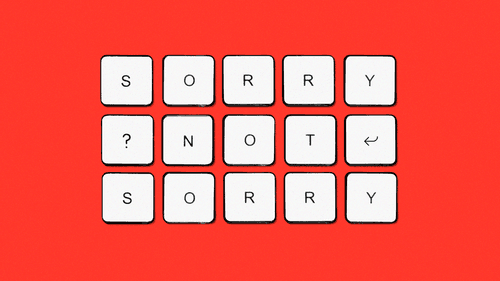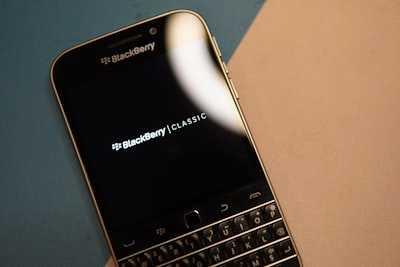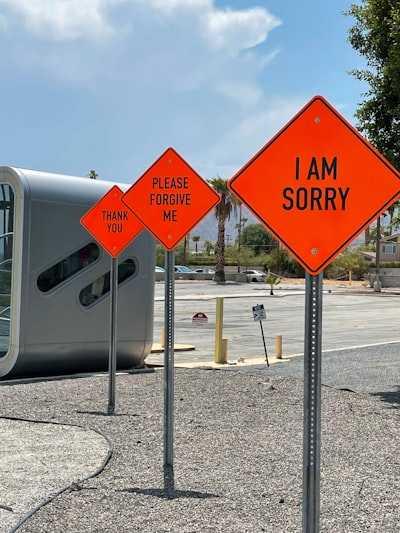What If We Just Stopped Being So Available?
Curated from: theatlantic.com
Ideas, facts & insights covering these topics:
8 ideas
·1.39K reads
18
1
Explore the World's Best Ideas
Join today and uncover 100+ curated journeys from 50+ topics. Unlock access to our mobile app with extensive features.
The Spiral Of Expectations
When communication technology makes a new thing (like responding on the go) possible, doing that thing can be a way for people to signal how dedicated they are as workers or family members—and, crucially, not doing that thing can suggest that they aren’t dedicated enough. Now when people feel they haven’t responded sufficiently quickly, they think they owe their correspondent an apology.
Example: When Blackberry phones became popular, people thought it was a kind of superpower to respond to texts and email messages on the go.
20
248 reads
The Sin Of Not Being Available Right Away
With the mass adoption of email and smartphones, is that the “acceptable” window of response time has gotten much smaller. Someone could conceivably apologize for their delay when responding in the afternoon to an email sent that morning.
All of these sorries raise the question of whether any harm is actually done when someone commits the sin of unavailability.
18
171 reads
Wrong Expectations At Work
Even if being responsive at all hours has no bearing on an employee’s actual productivity, many bosses lazily use it as a proxy for gauging workers’ value.
18
183 reads
A Genuine Problem
A delayed response can cause genuine problems too. If your partner texts you “I love you,” responding two days later is not a good idea. In personal communications, a lack of a speedy response risks signalling a lack of care. After all, your phone was right there.
19
174 reads
Apologizing For Everything
The most common way for people to resolve the tension between the pressure of speediness and the reality of busyness is to start messages with four words: Sorry for my delay. It is an innocuous, polite gesture.
But, having multiple obligations and priorities means that we are, all of us, in a perpetual state of delay on something, and apologizing for that fact feels like having to apologize for your standard mode of being.
20
160 reads
Repeated Mistakes Out Of Nothing
Even if “Sorry for my delay” is a social nicety, performing remorse can have real effects. Repeating it can make us feel like we’re perpetually behind, and worse, it models an unreasonable standard of responsiveness for the person we’re (allegedly) slow in writing back to.
18
164 reads
The Right Approach
Instead of 'Sorry for the Delay' or 'Thank you for your patience', there is another alternative.
If a message will take you a while to respond to, you could first reply with a quick note saying when you plan to respond fully. This can reduce uncertainty and stress on the part of the sender, but the downside is that … well, you’d still have to respond relatively quickly to tell them you’ll respond more thoroughly later.
19
150 reads
Other Solutions
More than a graceful email response, is a more humane culture of work and communication. Technology, for instance, could be designed to that end.
Apple’s latest mobile operating system is a start: When people turn on “Focus” mode, others can see in the Messages app that they aren’t receiving notifications. The law can help too. In France, a legal “right to disconnect” cuts down on after-hours work emails.
20
149 reads
IDEAS CURATED BY
Preston 's ideas are part of this journey:
Learn more about psychology with this collection
How to create customer-centric strategies
The importance of empathy in customer success
The impact of customer success on business growth
Related collections
Similar ideas
1 idea
The Art of the Apology
psychologytoday.com
3 ideas
Why Is It So Hard to Apologize? - Mindful
mindful.org
5 ideas
Read & Learn
20x Faster
without
deepstash
with
deepstash
with
deepstash
Personalized microlearning
—
100+ Learning Journeys
—
Access to 200,000+ ideas
—
Access to the mobile app
—
Unlimited idea saving
—
—
Unlimited history
—
—
Unlimited listening to ideas
—
—
Downloading & offline access
—
—
Supercharge your mind with one idea per day
Enter your email and spend 1 minute every day to learn something new.
I agree to receive email updates





